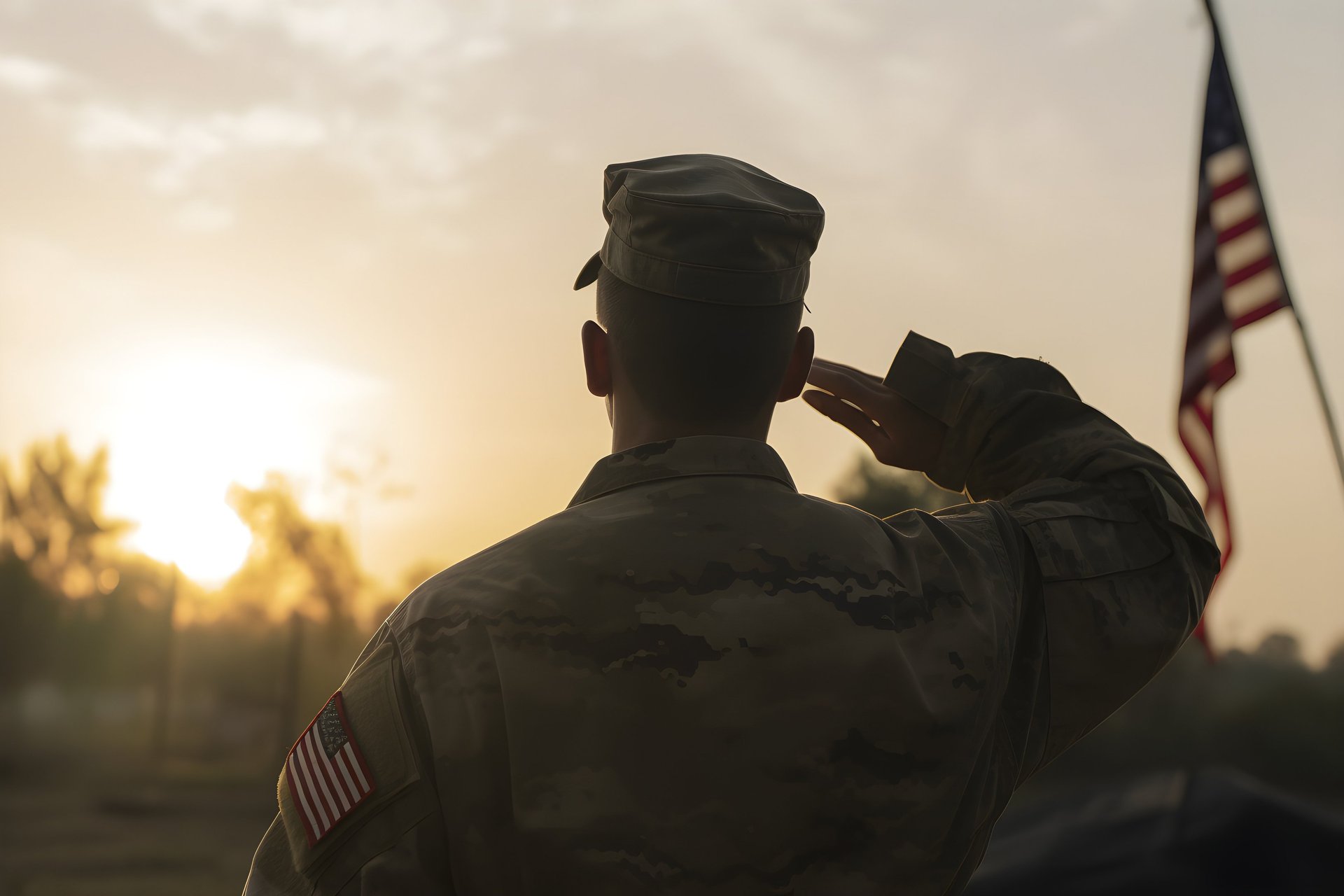
Breaking the Silence: How Veterans Can Access Mental Health Support and the Importance of Peer Networks
11/1/20242 min read


For veterans who have served on the front lines, the transition back to civilian life often presents unique mental health challenges. Post-traumatic stress disorder (PTSD), anxiety, depression, and other mental health conditions are common among veterans. However, the stigma around seeking mental health support can discourage many from reaching out. “Breaking the Silence” is crucial—not only to encourage veterans to seek mental health support but to help them connect with peer networks that understand and uplift them.
Understanding the Mental Health Landscape for Veterans
Veterans face mental health challenges at higher rates than the general population. According to the Department of Veterans Affairs (VA), roughly 11-20% of veterans who served in Operation Iraqi Freedom and Operation Enduring Freedom experience PTSD each year. The first step toward recovery is understanding that these experiences are common and that support is available. Yet, overcoming the fear of being judged or misunderstood often holds veterans back from reaching out.
The VA offers a variety of mental health resources, including counseling services, crisis hotlines, and specialized treatment programs. However, navigating these services can feel overwhelming. Veterans may not know where to start or may feel uncomfortable with formal settings. That’s where the support of peers—others who have been through similar experiences—becomes invaluable.
The Power of Peer Networks
Peer support networks play a vital role in bridging the gap between veterans and mental health resources. Connecting with others who share similar experiences can foster understanding, reduce stigma, and build a sense of community. Peer networks, such as the Veteran Peer Support Program, give veterans a space to openly discuss their struggles, coping strategies, and journeys without fear of judgment. Research shows that peer support can significantly improve mental health outcomes, with veterans who engage in these networks often reporting reduced feelings of isolation and enhanced resilience.
These programs are available both through the VA and community organizations, including virtual peer support groups that offer flexibility for veterans regardless of location. Some organizations even match veterans with peers based on shared military experiences, helping to build meaningful, supportive connections.
Steps to Access Mental Health Support and Peer Networks
Start with the VA or Local Veterans’ Center: Many veterans are eligible for free or low-cost mental health services through the VA. Local veterans’ centers also provide access to support groups, mental health professionals, and crisis intervention services.
Explore Veteran-Specific Hotlines: If reaching out in person feels too difficult at first, veterans can call a hotline specifically for mental health support. The Veterans Crisis Line (988, then press 1) is a confidential service available 24/7 and staffed by qualified responders.
Join a Peer Support Program: Programs like Vet-to-Vet, Vets4Warriors, and Battle Buddies offer peer support through group sessions or one-on-one connections with other veterans who’ve been in similar situations. These programs emphasize community, helping veterans feel understood and supported.
Consider Telehealth Options: The VA and other mental health providers now offer telehealth services, which can be more accessible for veterans who may be hesitant about in-person visits. Many online platforms also include peer support options, giving veterans a convenient way to connect.
Stay Engaged with Veterans’ Organizations: Community organizations like the Legacy Veterans Institute work to connect veterans with mental health resources, advocacy, and support groups, creating a safe environment to discuss challenges and successes.
Why “Breaking the Silence” Matters
Encouraging open conversations about mental health can save lives. Peer networks help veterans feel less isolated and more supported, while normalizing mental health struggles and reducing the stigma around seeking help. By breaking the silence, veterans empower themselves and each other, fostering resilience, camaraderie, and hope.

Headquarters:
980 9th Street, #780, Sacramento, CA 95814
916-604-8067
info@legacyveterans.org


Los Angeles Office
1100 Glendon Ave, #580, Los Angeles, CA 90024
213-260-1719
Houston Office:
11757 Katy Fwy, #990, Houston, TX 77079
713-832-1350
